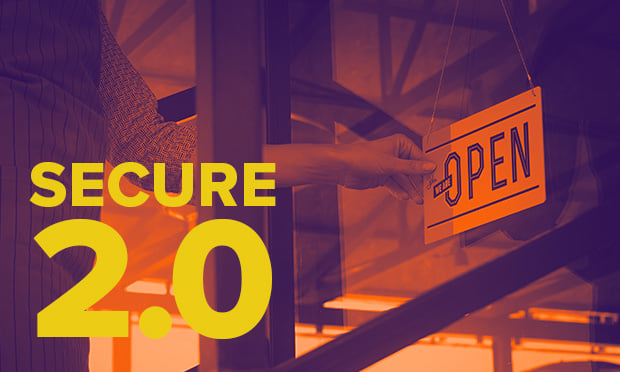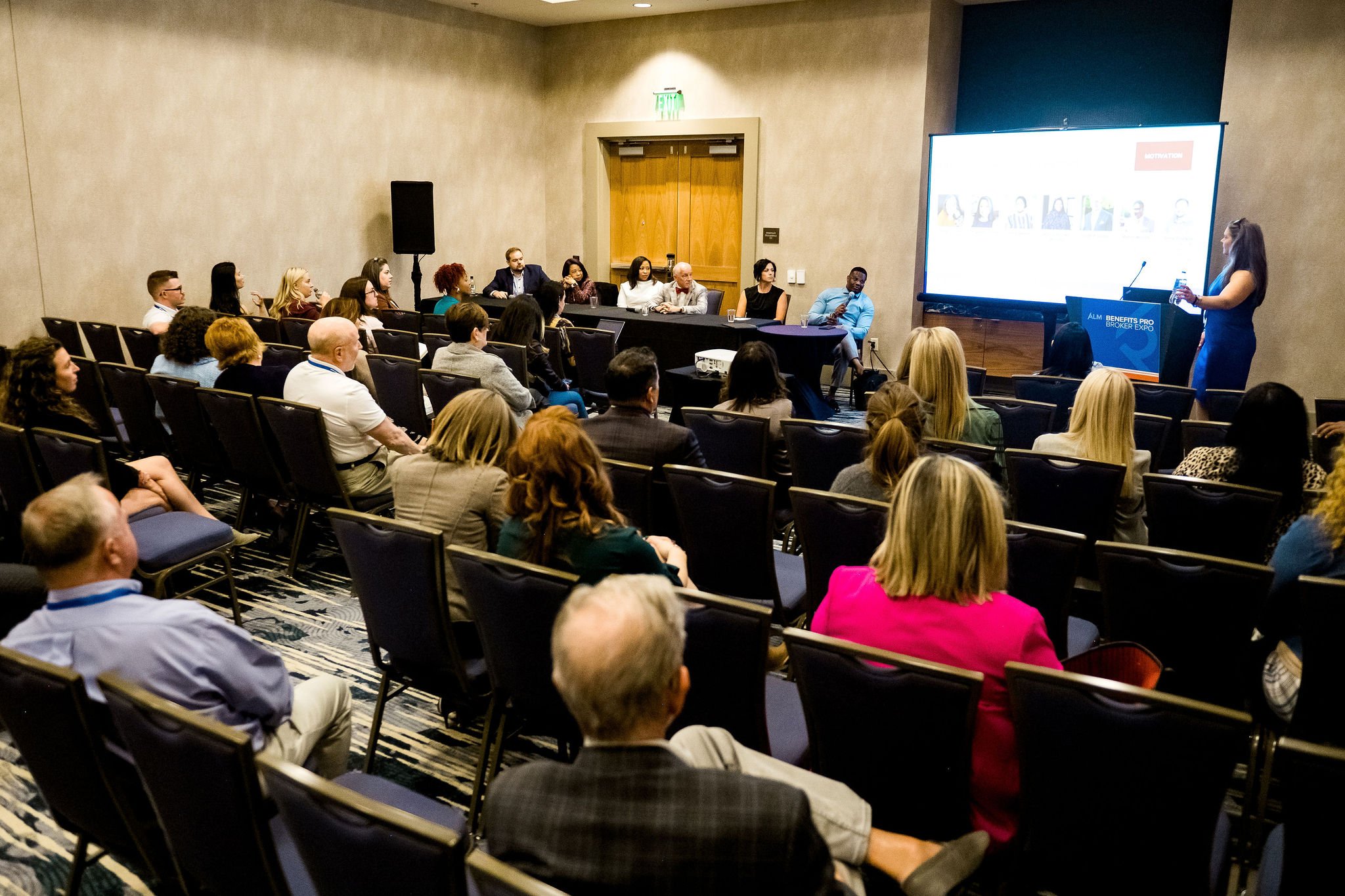 About 48 percent of those with a side job say they're doing it toearn extra money—but not all of them are doing so becausethey need the money. (Photo: Shutterstock)
About 48 percent of those with a side job say they're doing it toearn extra money—but not all of them are doing so becausethey need the money. (Photo: Shutterstock)
It's apparently not enough for Americans to have "a job" thesedays—increasingly workers in the U.S. are juggling multiple jobswith multiple income streams. And although about a third areworking in multiple forms of employment out of financial necessity,about 48 percent say they're doing it to earn extra money—but evenso, not all of them are doing so because they need the money.
|So says a New York Times report on the increasingly largeshare the gig economy plays in Americans' lives. While Canada andFrance aren't experiencing the same financial need that drives manyto engage in nontraditional work arrangements—likely due tostronger social safety nets and less inequality—in the U.S. workersare seeking out extra opportunities that don't fit the traditionalemployment picture in a way that suggests the workers themselvesare driving the trend.
|Related: Gig workers' importance to grow over next 5years
|The Gallup Great Jobs Demonstration Survey, which askedabout multiple jobs and employment relationships, found that 36percent of workers are "not in the traditionalone-job-for-one-employer relationship," and 11 percent of allworkers are "both self-employed and working for an employer,similar to I.R.S. data showing that 10 percent of tax filers fallinto that category."
|While the Bureau of Labor Statistics estimates that just 5percent of people hold multiple jobs, the Gallup survey insteadputs that number far higher—at 28 percent. BLS classifies jobsquite differently than the Gallup survey, so that even a personwith two or more gigs, as opposed to conventional employment, wouldbe classified as "having one job, or none."
|Interestingly, people who are self-employed with a single jobrate their "employment situation" more highly than those who areemployees with a single job. The study suggests that even though"the self-employed workers are much more likely to be working onlypart time and much less likely to have health insurance orretirement benefits through their work," they're more satisfiedbecause they're more engaged with the work they do and are also"much more satisfied with their power to change things they don'tlike about the job, and with their control over hours and theirsense of purpose."
|And while technology may have helped to facilitate the expansionof the gig economy, that hasn't been the case in othercountries—France and Canada, it points out, only reflect that 6percent of the population are engaged in income-producingself-employment.
|Another reason that the U.S. gig economy might be expanding somuch, it adds, could be that "U.S. workers are finding it harder tomake ends meet in the face of growing income inequality and risingcosts for health care, education and housing. In Canada and France,health care and postsecondary education are both more affordableand financed by the public sector."
|Whatever the reason, it doesn't appear to be ready to stop anytime soon.
|Read more:
Complete your profile to continue reading and get FREE access to BenefitsPRO, part of your ALM digital membership.
Your access to unlimited BenefitsPRO content isn’t changing.
Once you are an ALM digital member, you’ll receive:
- Critical BenefitsPRO information including cutting edge post-reform success strategies, access to educational webcasts and videos, resources from industry leaders, and informative Newsletters.
- Exclusive discounts on ALM, BenefitsPRO magazine and BenefitsPRO.com events
- Access to other award-winning ALM websites including ThinkAdvisor.com and Law.com
Already have an account? Sign In
© 2024 ALM Global, LLC, All Rights Reserved. Request academic re-use from www.copyright.com. All other uses, submit a request to [email protected]. For more information visit Asset & Logo Licensing.








